The peaceful solution proposed by US President Donald Trump after a phone call with Russian President Vladimir Putin not only affects the warring parties in the Ukraine conflict, but also creates a new turning point for many parties.
Yesterday, February 14, the representative of Ukraine announced that the country will not send representatives to participate in the trilateral negotiations with the US and Russia on the sidelines of the Munich Security Conference taking place in Munich (Germany) from February 14 to 16. Previously, US President Donald Trump made the above proposal as a step in the roadmap to find a peaceful solution to the Ukraine conflict.
Ukraine situation
On February 13, the US revealed a phone call between President Trump and his counterpart Putin about a peaceful solution for Ukraine. The solution was revealed to be based on a "realistic assessment of the battlefield" and that regaining Ukraine's territory as it was before 2014, before Russia annexed the Crimean peninsula, was an "illusory goal". Not only that, US Defense Secretary Pete Hegseth sent a message that he would not admit Ukraine into NATO.
The above solution has received strong reactions from Europe, especially when members of the old continent said that they were "left out of the game" in the negotiation process. German Defense Minister Boris Pistorius called the US peace proposal to Russia "clumsy". Meanwhile, German Foreign Minister Annalena Baerbock warned Russia that it was only "false peace". Ms. Baerbock said that no agreement should be reached with Russia without ignoring the opinions of Ukrainians and Europeans.
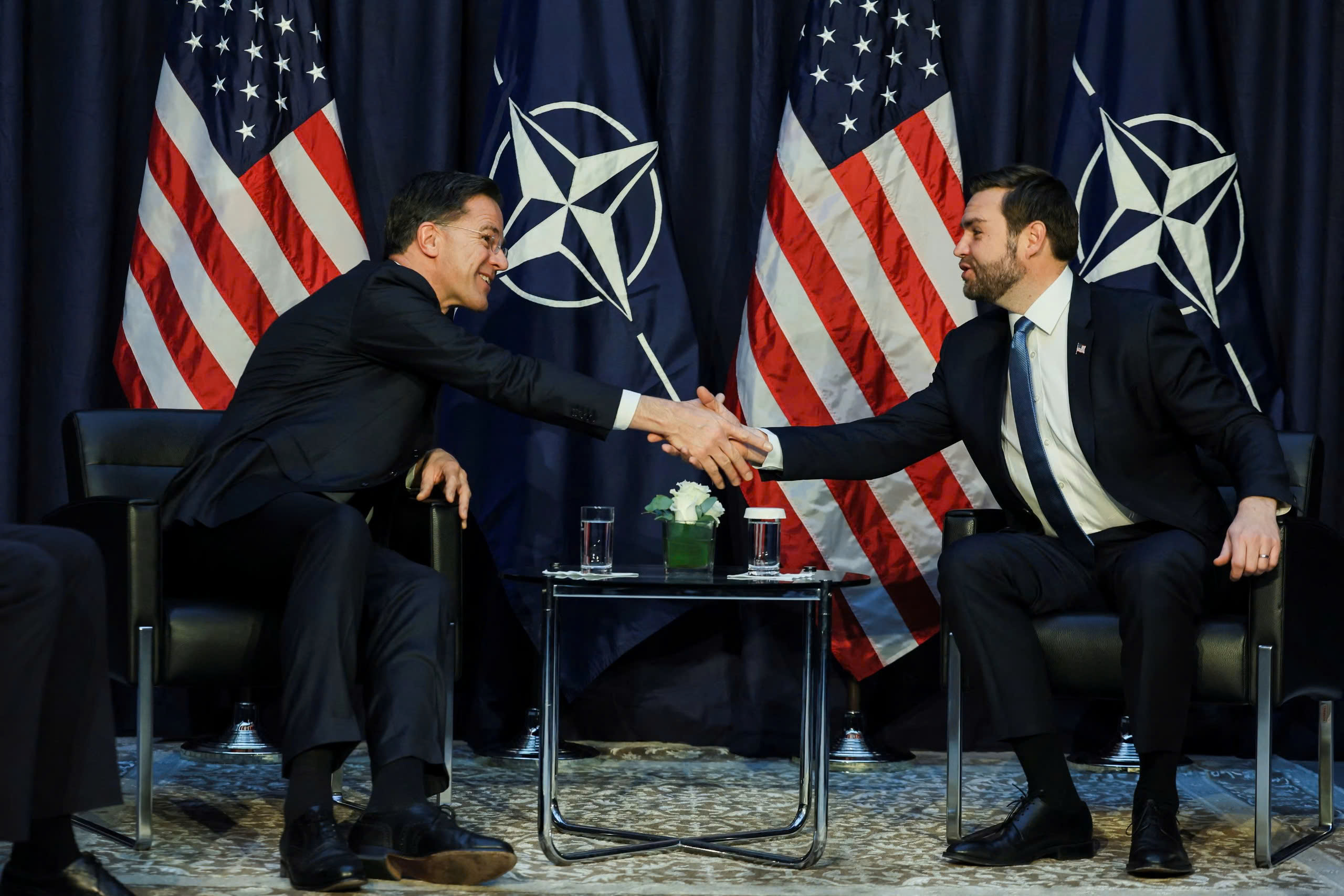
US Vice President JD Vance (right ) and NATO Secretary General Mark Rutte in Munich (Germany) on February 14.
From the observers' perspective, Mr. Tony Maciulis, an expert at Eurasia Group (USA) - the world's leading political risk research and consulting unit, said that the 90-minute phone call between President Donald Trump and Russian President Vladimir Putin about Ukraine, which neither Kyiv nor European leaders were informed of in advance, has raised concerns that "Europe is being excluded from any negotiations about what security or peace will look like in the near future."
However, Washington seems to be putting pressure on Moscow as well. In an interview with The Wall Street Journal on February 13, US Vice President JD Vance said the US was ready to use sanctions, even military options, to force Moscow to negotiate with Kyiv.
More focus on Asia-Pacific?
Responding to Thanh Nien on February 14, US military intelligence expert Carl O. Schuster (who teaches international relations and history at the University of Hawaii - Pacific) commented: "I think both Russia and Ukraine are approaching the end in terms of political will. American public opinion is somewhat disappointed with European allies. Because Europe has many financial resources to support Ukraine, but chooses to provide less support, believing that the US will always intervene and fill the gap."
"However, the Trump administration seems to realize that most of Washington's allies have provided very little support to the US in Afghanistan and Iraq. In addition, the cabinet and a growing part of the US Congress are worried about China, so they want to focus security resources on the Asia-Pacific. That means Washington will limit resources to Europe. Europe will have to do more for the security and defense of the old continent, including Ukraine. It seems that the current US leadership wants to cut resources in Europe to shift to the Asia-Pacific. I think this is a wake-up call that Western Europe should have received for many years," said expert Schuster.
Regarding the situation in Ukraine, he predicted: "We will see more! It is likely that there will still be a lot of bargaining and negotiations to come."
A new turning point for NATO and Europe
Speaking at the Munich Security Conference (Germany) yesterday, February 14, German President Frank-Walter Steinmeier emphasized that the country "has received the message". "Security spending must continue to increase. Our armed forces must become stronger - not to wage war, but to prevent war", Mr. Steinmeier affirmed.
The German president said Russia's military campaign against Ukraine nearly three years ago was a turning point, and that NATO today faces different threats than those that existed when the alliance was founded more than 70 years ago.
"The 2% GDP defense budget target we agreed on is now a thing of the past. We have to ask ourselves what we owe NATO, so that in 70 years it will still be able to defend freedom and security," the German president added, also acknowledging the need to balance "burden sharing between Europe and the United States." He also stressed that Germany would "do its part."
Source: https://thanhnien.vn/the-cuoc-tu-van-bai-lat-ngua-cho-ukraine-185250214234101746.htm



![[Photo] Solemn opening of the 12th Military Party Congress for the 2025-2030 term](https://vphoto.vietnam.vn/thumb/1200x675/vietnam/resource/IMAGE/2025/9/30/2cd383b3130d41a1a4b5ace0d5eb989d)
![[Photo] The 1st Congress of Phu Tho Provincial Party Committee, term 2025-2030](https://vphoto.vietnam.vn/thumb/1200x675/vietnam/resource/IMAGE/2025/9/30/1507da06216649bba8a1ce6251816820)
![[Photo] General Secretary To Lam, Secretary of the Central Military Commission attends the 12th Party Congress of the Army](https://vphoto.vietnam.vn/thumb/1200x675/vietnam/resource/IMAGE/2025/9/30/9b63aaa37ddb472ead84e3870a8ae825)

![[Photo] General Secretary To Lam receives US Ambassador to Vietnam Marc Knapper](https://vphoto.vietnam.vn/thumb/1200x675/vietnam/resource/IMAGE/2025/9/29/c8fd0761aa184da7814aee57d87c49b3)
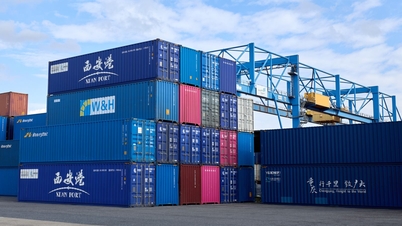

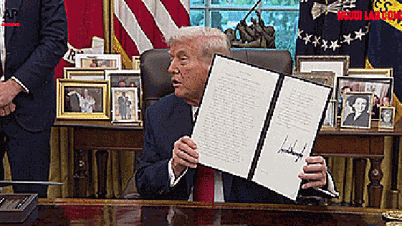

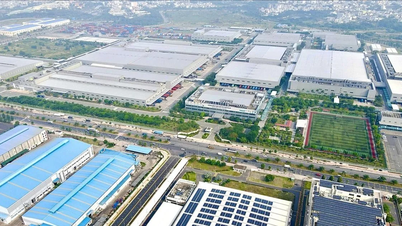


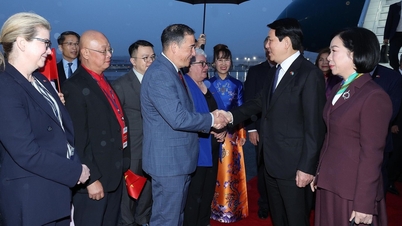













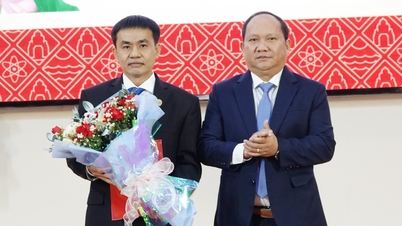
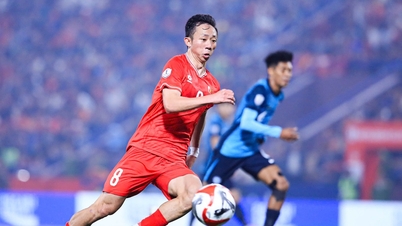
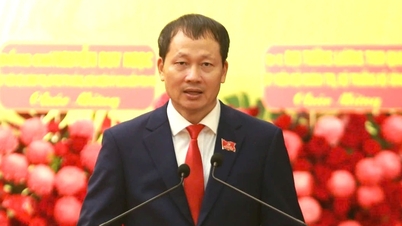



![[Photo] General Secretary To Lam attends the ceremony to celebrate the 80th anniversary of the post and telecommunications sector and the 66th anniversary of the science and technology sector.](https://vphoto.vietnam.vn/thumb/1200x675/vietnam/resource/IMAGE/2025/9/29/8e86b39b8fe44121a2b14a031f4cef46)





































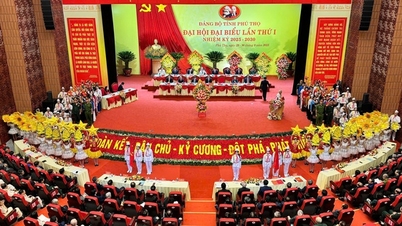

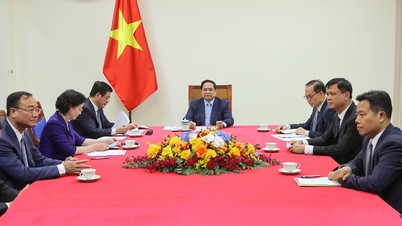
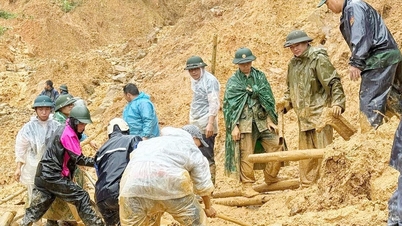

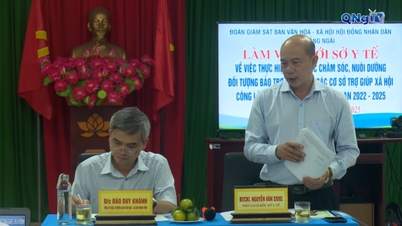

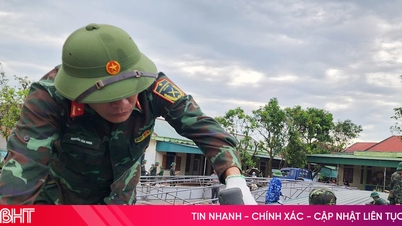

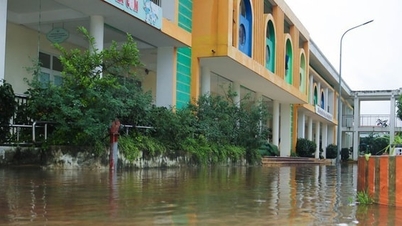

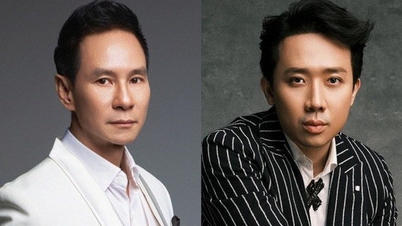













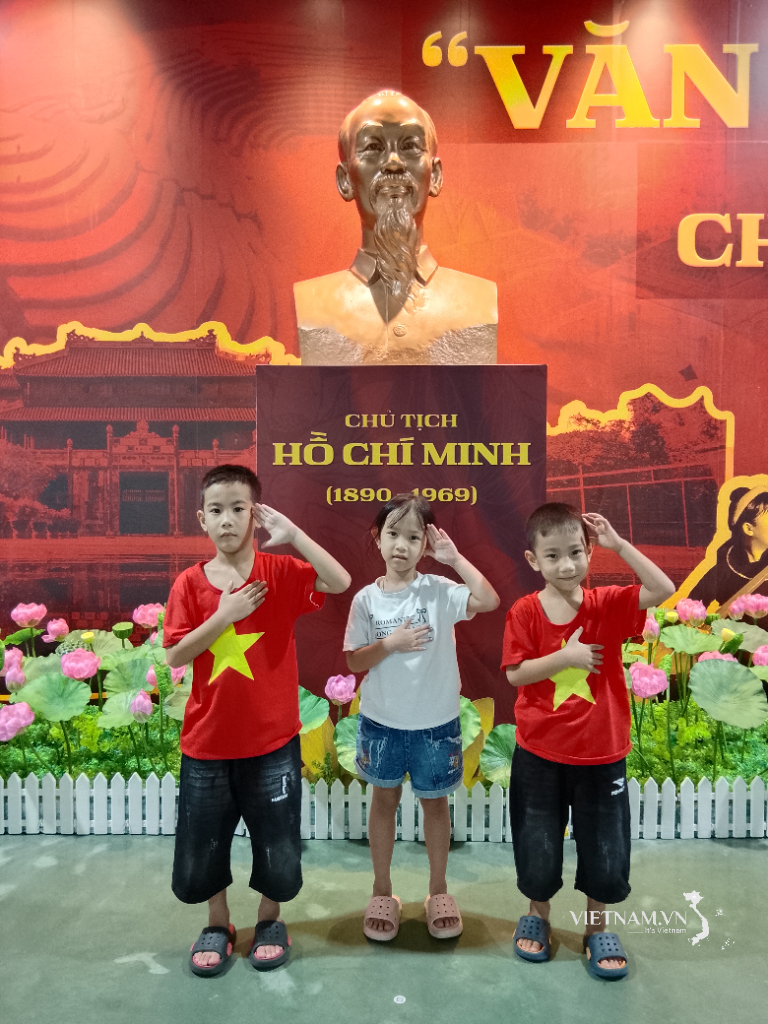

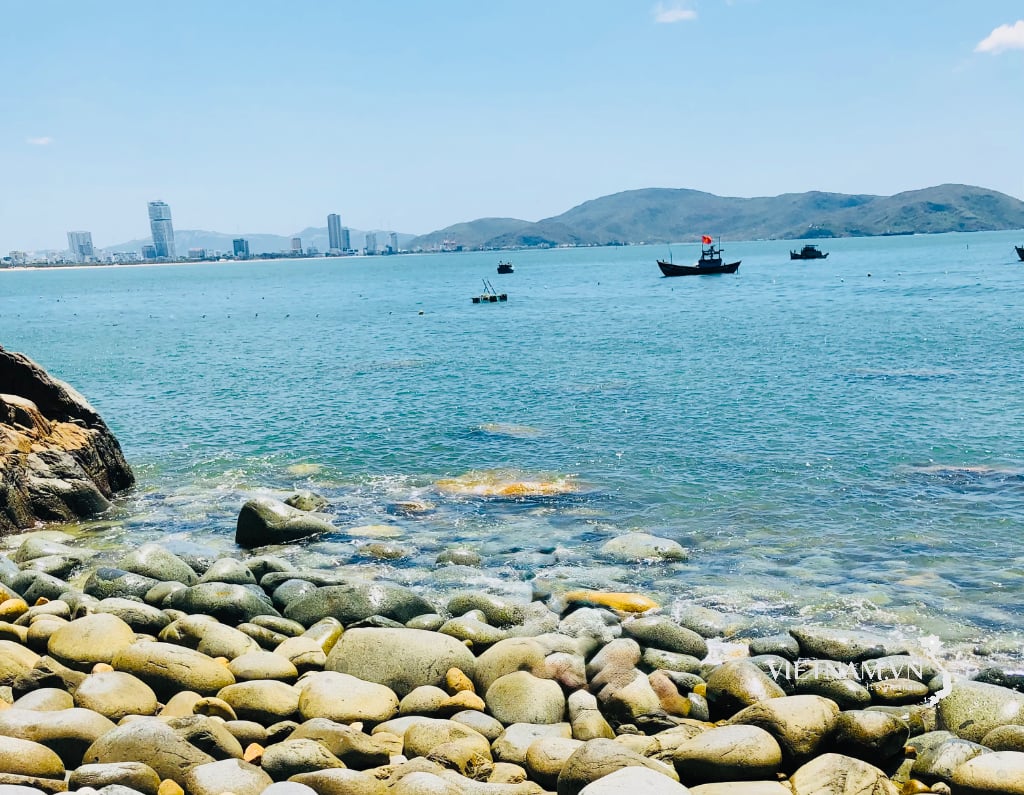

Comment (0)